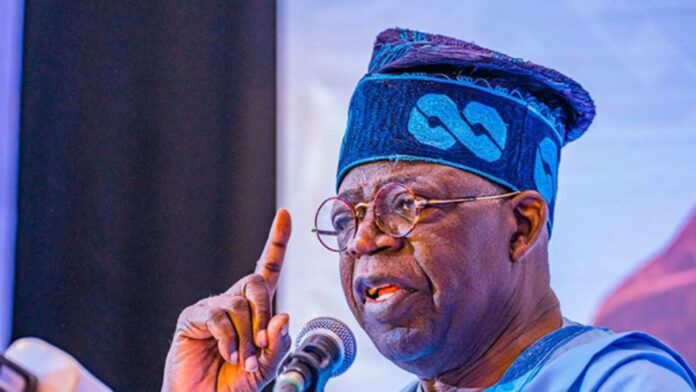The decision of former Vice President Abubakar Atiku to introduce subpoenaed witnesses during the hearing of his petition on Wednesday has caused unease among the Independent National Electoral Commission (INEC), President Bola Tinubu, and the All Progressives Congress (APC). They collectively stood their ground, insisting that the witnesses should not be allowed to testify until June 8.
Abubakar Atiku, who was the presidential candidate for the Peoples Democratic Party (PDP) in the disputed February 25 election, called his first subpoenaed witness at the Presidential Election Petition Court (PEPEC) to present crucial documents. However, this move was vehemently opposed.
During Wednesday’s proceedings, Chief Chris Uche, SAN, the lead counsel for the PDP, called one of the listed witnesses after admitting exhibits from 10 local governments in Kogi State. The witness provided evidence on how INEC failed to transmit results in real-time, contrary to their promise.
Shortly after the cross-examination of the witness, Ndubuisi Nwobu from Anambra State, Uche informed the court that the petitioners had three subpoenaed witnesses and proceeded to call the first one, an ad hoc staff of INEC.
However, as soon as the witness took the oath, INEC’s counsel, Mr Abubakar Mahmoud, SAN, objected to hearing the witness’s evidence. He informed the court that he had just received the witness’s statement that morning and needed time to thoroughly cross-examine him.
Tinubu’s lawyer, Chief Akin Olujimi, SAN, and APC’s lawyer, Prince Lateef Fagbemi, SAN, shared the same position, stating that they had only been served with the statement 20 minutes earlier and had not had a chance to review its contents.
Uche argued that, with a subpoenaed witness, they were not required to provide the respondents with the witness’s statement in advance. He contended that there was nothing unusual in the witness’s statement that would warrant an adjournment.
Uche pleaded with the court to allow at least one of the subpoenaed witnesses to testify, in order to make the best use of the allotted time, as adjourning the proceedings would eat into their allotted time.
Presiding Justice of the Court, Justice Haruna Simon Tsammani, proposed a 30-minute break to allow the respondents to examine the documents and cross-examine the first subpoenaed witness, while trying to be considerate.
However, INEC insisted that the witness should not be heard, as he was an ad hoc staff of the Commission, and they needed to review INEC’s records to confirm his status and adequately prepare.
Due to the respondents’ insistence, Uche requested an adjournment until the following day for the testimony of the three subpoenaed witnesses.
Earlier in his evidence, Nwobu informed the court that the election went smoothly in most polling units he visited, including the one where he cast his vote. However, he stated that issues arose at the Ward Collation Centers, where the results were not transmitted in real-time into the IReV due to the failure of the BVAS machines.
Nwobu mentioned that he intervened to prevent potential attacks on INEC staff who were unable to upload results in real-time.
“There was no real-time transmission of results as promised by INEC,” he concluded.

